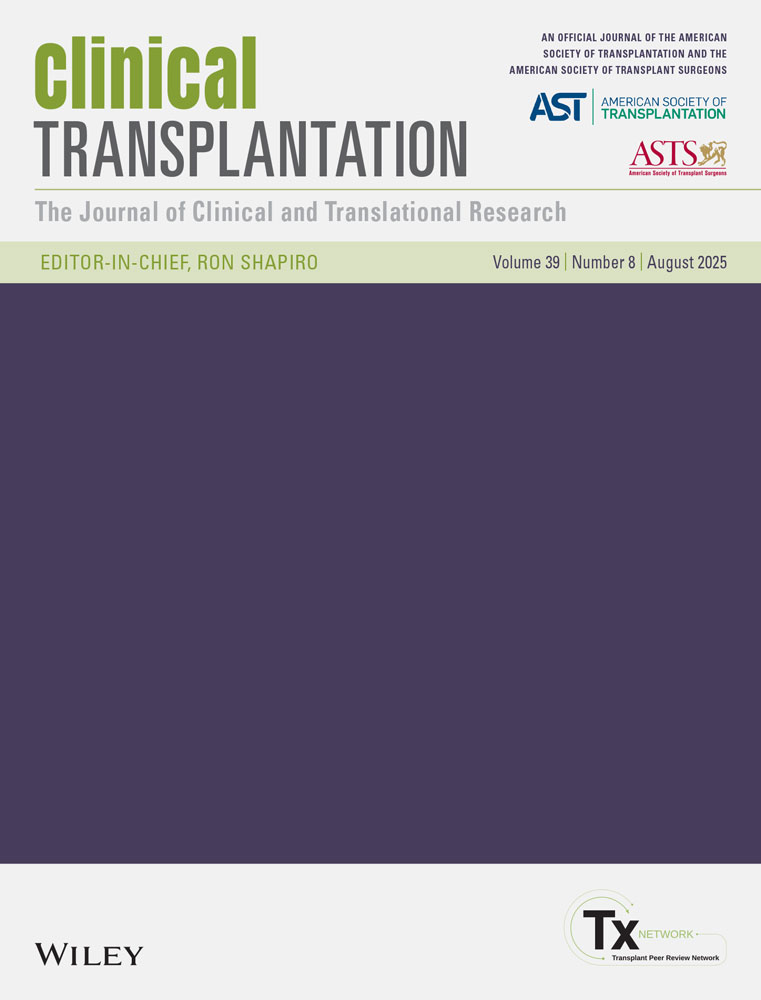Mycophenolate mofetil increases cytomegalovirus invasive organ disease in renal transplant patients
Abstract
The impact of cytomegalovirus (CMV) infection post-transplantation is in part influenced by the degree of immunosuppression. While mycophenolate mofetil (MMF) does not increase the overall incidence of CMV infection, we have questioned whether or not it increases its severity. Using a case–control study design in which 29 renal transplant patients developed CMV disease [17 (59%) of which received azathioprine (AZA) and 12 (41%) received MMF], increases in the frequency of organ involvement with CMV (58 vs. 18%; p=0.03) and in the number of organs involved with CMV were noted in the MMF versus the AZA group (2.0 vs. 1.0; p=0.015). These results indicate that the increased immunosuppressive activity of MMF impacts the morbidity of CMV infection, thus warranting the use of effective anti-CMV preventive regimens while patients are treated with MMF.




